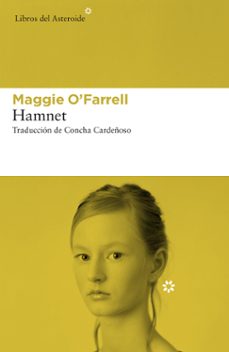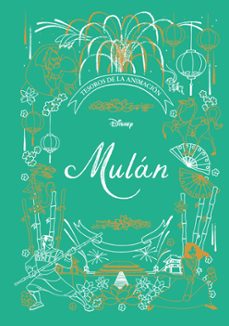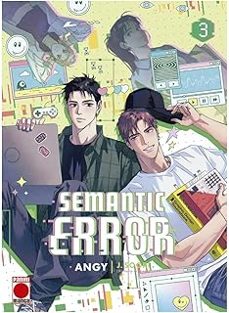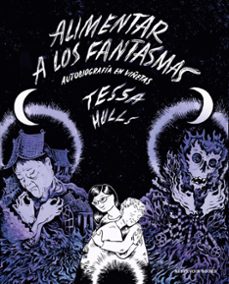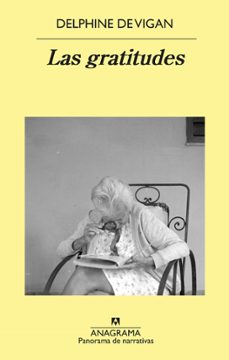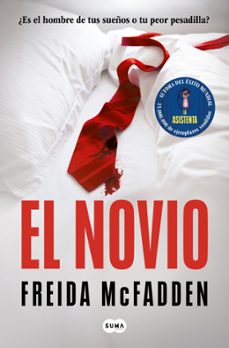📗 Libro en inglés LIFE AND FATE
ARROW (RANDOM)- 9780099506164
Sinopsis de LIFE AND FATE
Suppressed by the KGB, Life and Fate is a rich and vivid account of what the Second World War meant to the Soviet Union. On its completion in 1960, Life and Fate was suppressed by the KGB. Twenty years later, the novel was smuggled out of the Soviet Union on microfilm. At the centre of this epic novel looms the battle of Stalingrad. Within a world torn apart by ideological tyranny and war, Grossman’s characters must work out their destinies. Chief among these are the members of the Shaposhnikov family – Lyudmila, a mother destroyed by grief for her dead son; Viktor, her scientist-husband who falls victim to anti-semitism; and Yevgenia, forced to choose between her love for the courageous tank-commander Novikov and her duty to her former husband. Life and Fate is one of the great Russian novels of the 20th century, and the richest and most vivid account there is of what the Second World War meant to the Soviet Union.
Ficha técnica
Editorial: Arrow (Random)
ISBN: 9780099506164
Idioma: Inglés
Número de páginas: 912
Tiempo de lectura:
18h 59m
Encuadernación: Tapa blanda
Fecha de lanzamiento: 01/01/2006
Año de edición: 2006
Plaza de edición: Reino Unido
Especificaciones del producto
Escrito por Vasili Grossman
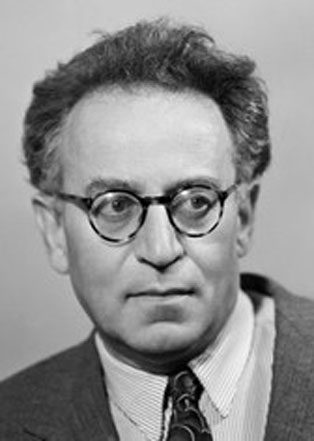
(Berditchev, 1905 - Moscú, 1964) Terminó el manuscrito de Todo fluye la víspera de su muerte, creyendo que su obra maestra, Vida y destino, saludada hoy como la gran novela del siglo xx, no vería nunca la luz. Y de hecho sólo pudo conocerse en los años ochenta, cuando salió clandestinamente microfilmada de la Unión Soviética. Escritores como Maxim Gorki alabaron en su día la obra literaria de Grossman, que fue el pimero en dar noticia al mundo de la existencia de los campos de exterminio nazis.
Autor de novelas y relatos, Vida y destino es su obra cumbre, el Guerra y paz de la Segunda Guerra Mundial cuya publicación sería prohibida por el régimen soviético de Jrushov y le valdría a su autor la condena al ostracismo. Milagrosamente recuperada una copia del manuscrito, la obra pudo publicarse allende las fronteras de la URSS en los años ochenta -de donde salió clandestinamente microfilmada- y se convirtió en un referente literario e intelectual. Grossman no llegaría a verla publicada.
Descubre más sobre Vasili Grossman Autor de novelas y relatos, Vida y destino es su obra cumbre, el Guerra y paz de la Segunda Guerra Mundial cuya publicación sería prohibida por el régimen soviético de Jrushov y le valdría a su autor la condena al ostracismo. Milagrosamente recuperada una copia del manuscrito, la obra pudo publicarse allende las fronteras de la URSS en los años ochenta -de donde salió clandestinamente microfilmada- y se convirtió en un referente literario e intelectual. Grossman no llegaría a verla publicada.
Recibe novedades de Vasili Grossman directamente en tu email
Opiniones sobre LIFE AND FATE
¡Sólo por opinar entras en el sorteo mensual de tres tarjetas regalo valoradas en 20€*!



